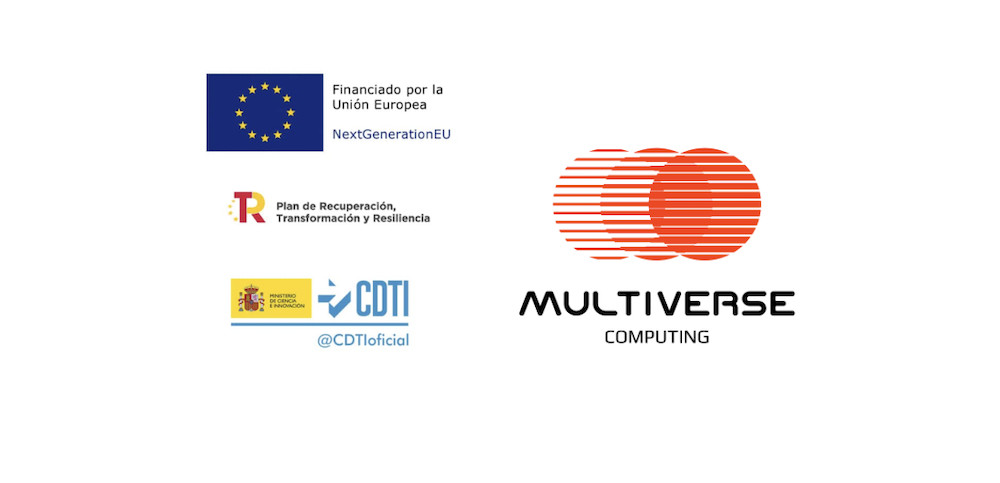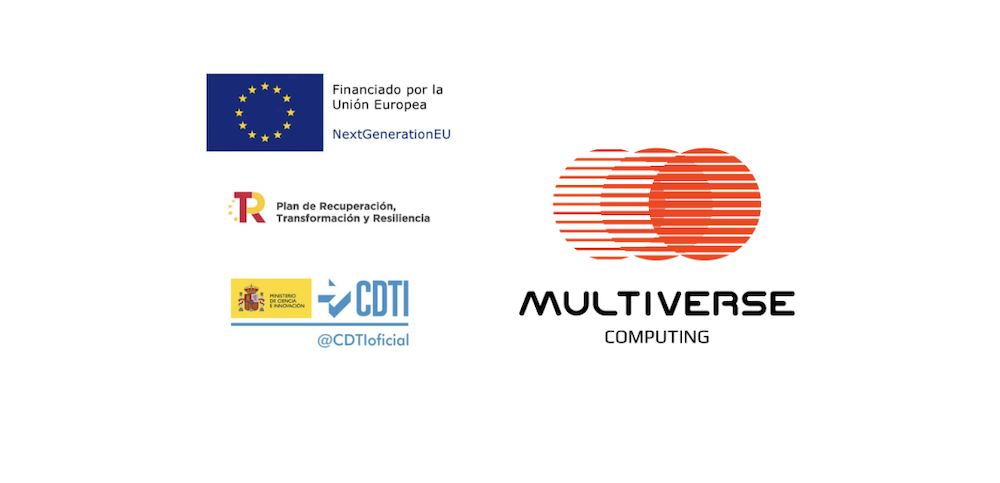
A consortium formed by seven companies (Amatech, BBVA, DAS Photonics, GMV, Multiverse computing, Qilimanjaro Quantum Tech y Repsol), supported by five research centers (BSC, CSIC, DIPC, ICFO y Tecnalia), and a public university (UPV), has launched the CUCO project for research on quantum computing applied to strategic industries in the Spanish economy: energy, finance, space, defense and logistics.
Subsidized by the CDTI and supported by the Ministry of Science and Innovation under the Recovery, Transformation and Resilience Plan, the CUCO project emerges as the first major quantum computing project at a national and business level to further the scientific knowledge and technology of quantum computing algorithms. The project involves a public-private collaboration between companies, research centers and universities to accelerate the implementation of these technologies for use in the medium term.
Additionally, the project should assist in identifying a series of relevant use cases in the Spanish economy to conduct proofs of concept to study whether quantum computing could improve the performance of classical computing to respond to business needs while proposing the corresponding metrics. In this context, use cases will be investigated in Earth observation, the environment and the fight against climate change, the traceability of information throughout the supply chain, the optimization and simulation of complex financial calculations, signal intelligence, etc.
Quantum technologies, and specifically quantum computing, is set to play a disruptive role due to the impact it will have in many areas, given the capacity for massive calculation, which could mark a new technological era. Spain cannot be left behind, and it has to be able to lead this new race.
One of the objectives of the project is to position the consortium and its companies as benchmarks in quantum computing in their application sectors, allowing their participation in international initiatives such as the Quantum Flagship, Horizonte Europa, Digital Europe, or the European Defense Fund.
Through the research in quantum computing that will be undertaken, the CUCO project will also have an impact on improving environmental sustainability since quantum computing enables more energy-efficient algorithms.
Subsidized by the CDTI and supported by the Ministry of Science and Innovation under the Recovery, Transformation and Resilience Plan, the CUCO project emerges as the first major quantum computing project at a national and business level to further the scientific knowledge and technology of quantum computing algorithms. The project involves a public-private collaboration between companies, research centers and universities to accelerate the implementation of these technologies for use in the medium term.
Additionally, the project should assist in identifying a series of relevant use cases in the Spanish economy to conduct proofs of concept to study whether quantum computing could improve the performance of classical computing to respond to business needs while proposing the corresponding metrics. In this context, use cases will be investigated in Earth observation, the environment and the fight against climate change, the traceability of information throughout the supply chain, the optimization and simulation of complex financial calculations, signal intelligence, etc.
Quantum technologies, and specifically quantum computing, is set to play a disruptive role due to the impact it will have in many areas, given the capacity for massive calculation, which could mark a new technological era. Spain cannot be left behind, and it has to be able to lead this new race.
One of the objectives of the project is to position the consortium and its companies as benchmarks in quantum computing in their application sectors, allowing their participation in international initiatives such as the Quantum Flagship, Horizonte Europa, Digital Europe, or the European Defense Fund.
Through the research in quantum computing that will be undertaken, the CUCO project will also have an impact on improving environmental sustainability since quantum computing enables more energy-efficient algorithms.




 IonQ Achieves Industry Leading Performance on Next Generation Barium Qubits
IonQ Achieves Industry Leading Performance on Next Generation Barium Qubits